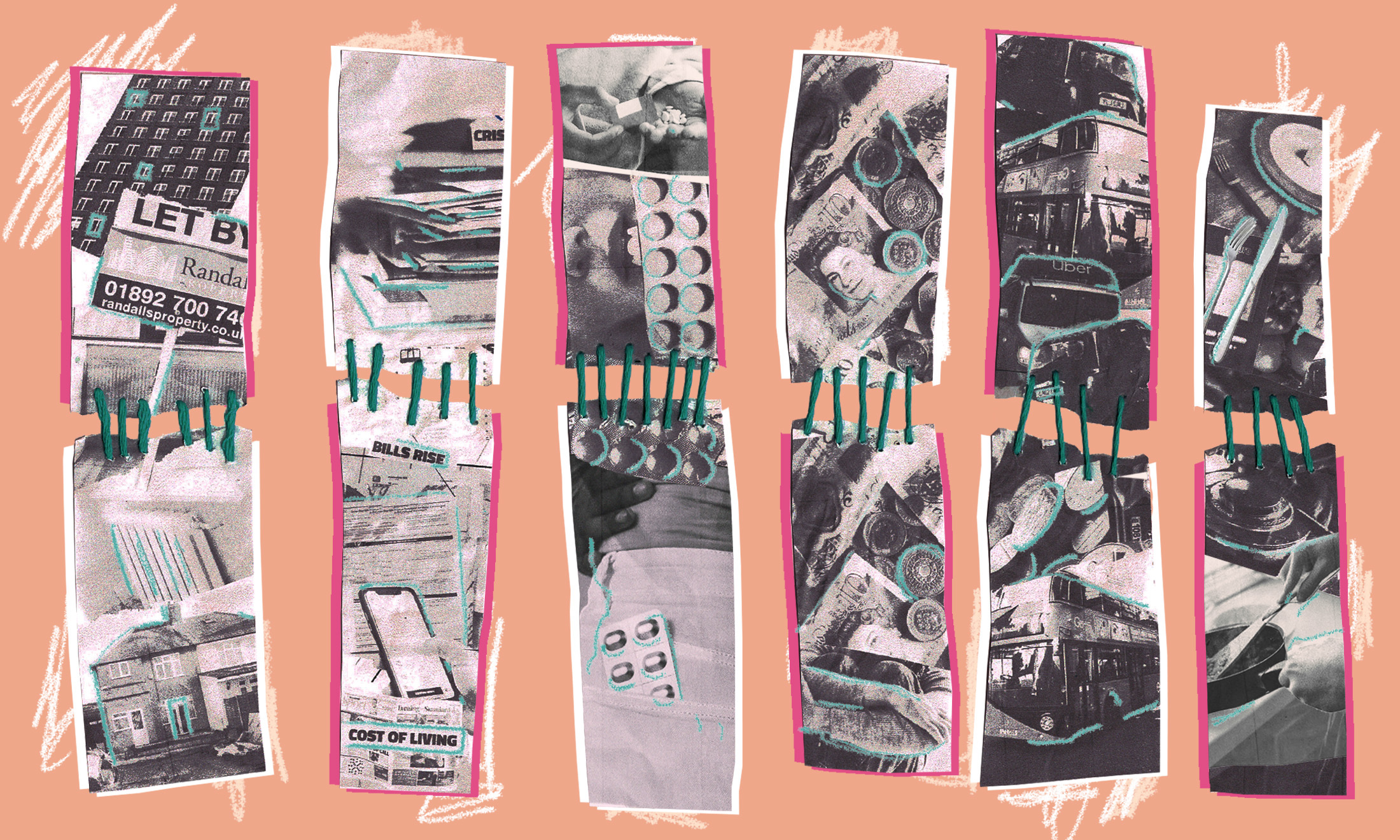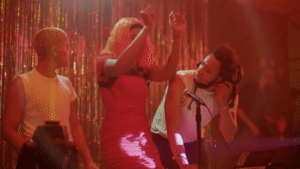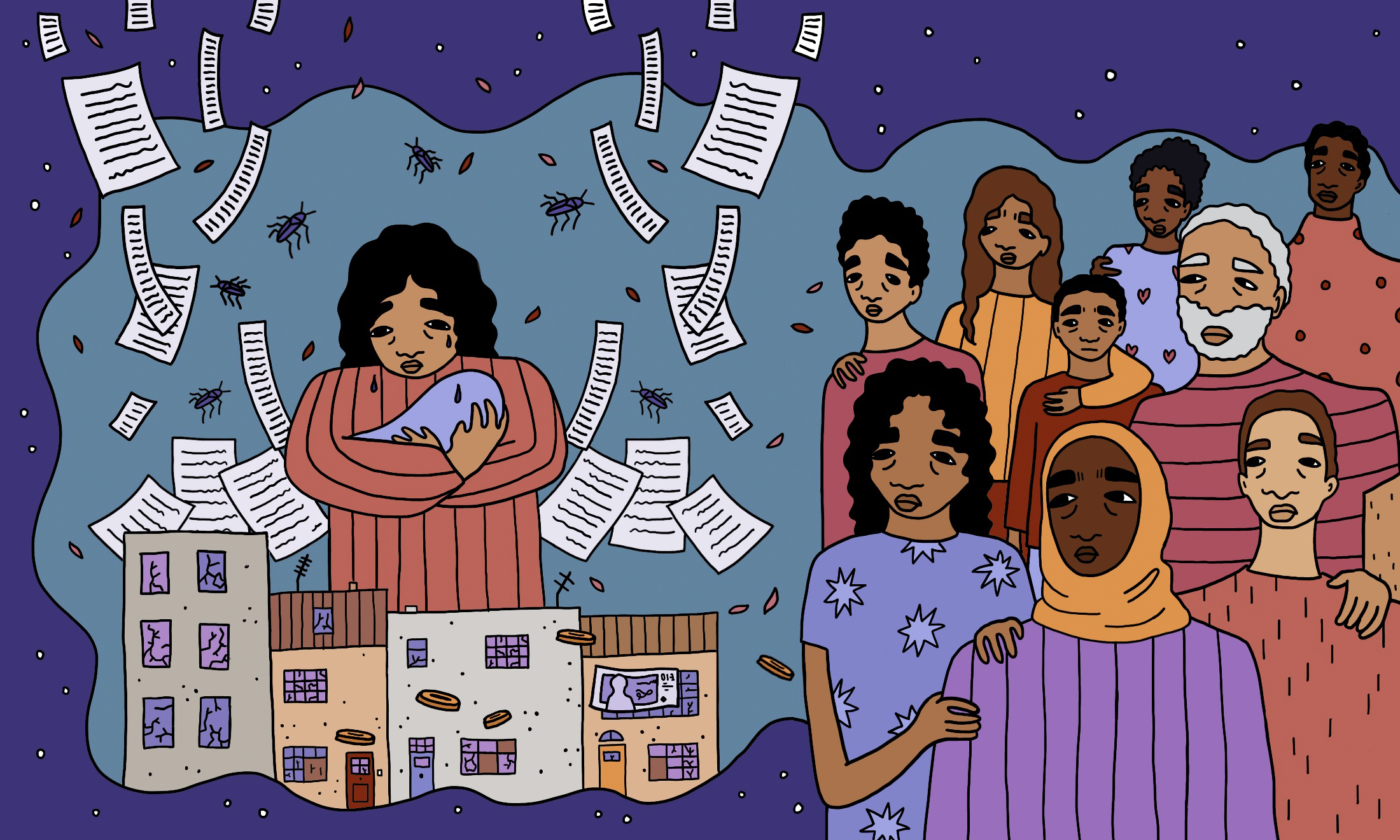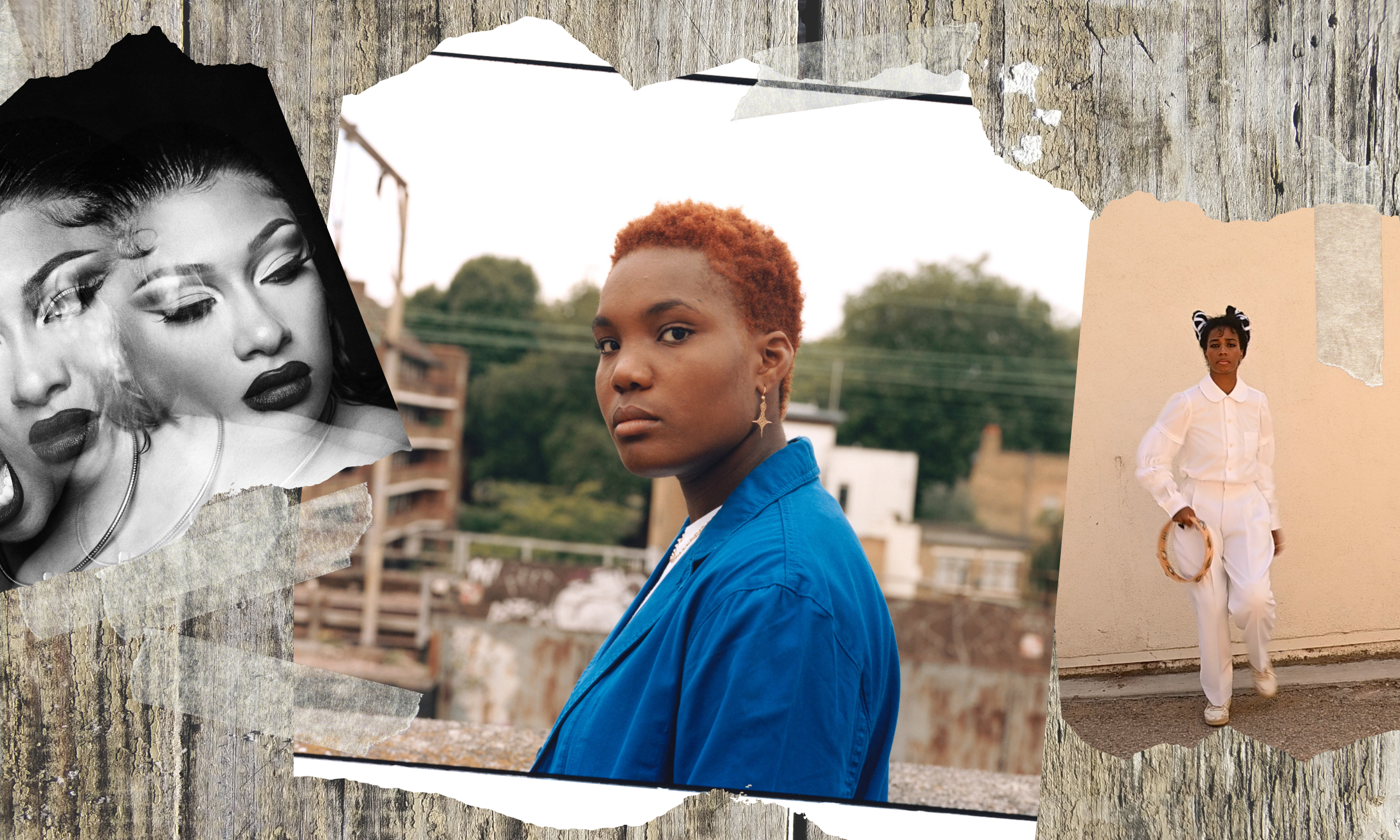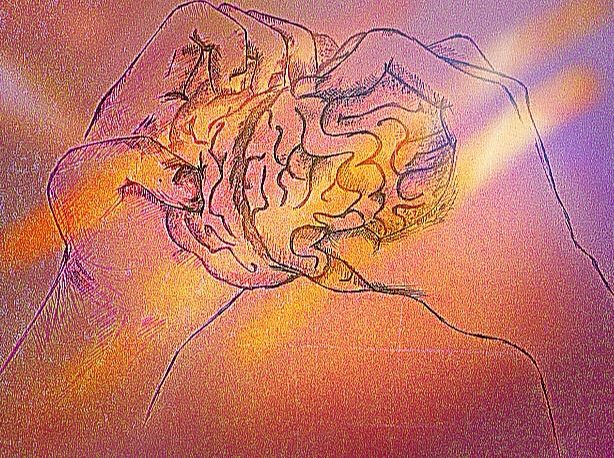
Writing can be cathartic and it can also be painful. As I write, I hope this piece is the former rather than the latter. I always write about things personal to me but this is more personal than ever; this is a critique and story about the invisibility of brown women’s mental health issues from my own perspective.
I’m a Sikh Punjabi British Asian. At 19, I’ve suffered with mental health issues all my life. People may say my struggles and the things I’ve dealt with are sad, and maybe they’re right, but what’s sadder is the silence of my family and community towards women’s mental health in general.
I wavered for a long time to write this because of the gnawing feeling that I was making what should be private public, but I decided to go ahead. Why? Because I need to be heard and because this problem is a lot bigger than just my journey. Just like the creeping poison ivy of systematic oppression, the masking of the mental health of women of colour is pervasive and deadly. If we can grasp one case by the roots we may be able to grasp them all.
With the dual lens of sexism and racism both working to undermine women’s experiences, we seem to have made women of colour’s struggles with mental health mythical. Brown women don’t have mental health issues unless it’s from being forced into arranged marriages, or being hit with household objects for just missing that 100 percent mark in a school test. Apart from that, we’re told that it’s all Pataks chilli pickle, The Kumars at No. 42, steaming chai and vibrant colours, or whatever words the media uses to describe places with lots of black and brown people. Either that, or we’re destroying the country by simultaneously claiming benefits and supporting ISIS.
“Mental health as a brown woman is lonely first and foremost, but it’s loud in its loneliness.”
Mental health as a brown woman is lonely first and foremost, but it’s loud in its loneliness. It’s full of surface level conversations where I say things I don’t mean, and speak about things I don’t care about, to the people that care about me the most. There’s a pervasive silence around mental health and emotions amongst our community. Sikh Punjabis are pragmatic, stalwart and no nonsense, but we are sure as hell good at sweeping things under the carpet.
My ancestors grew up in rural communities where life was hard. It was women who bore the brunt of this, having to sacrifice their dreams and educations to raise and care for families. Then later, as new immigrants, our parents weren’t afforded the luxury of self-care. The Midlands in the 60s and 70s were a place where survival and getting by were the only goals. My dad speaks of crowded terraces and the cold reception they received, combined with burning hatred displayed towards the new arrivals.
It is not surprising that my parents are unbothered by 21st century racism, where no one beats up our ‘dirty’ bodies or throws bricks in our windows, but which takes form in “straight-talking” politicians, Daily Mail headlines and daily microagressions. At least no one’s getting their heads kicked in.
But what of the next generation? We aren’t them. We always ask for better because we were so well provided for. With more and more voices questioning the unquestioned Islamophobia and anti-blackness in our community, we’re trying to improve our rural and colonially corrupted mindset. Yet we still risk neglecting to care for our minds like the generation before us.
“Is there a history of mental health issues in your family?”
“I don’t know.”
I’m embarrassed that I don’t know. I’m more embarrassed that I’m in a therapist’s office for the second time in two years. I cringe that it’s taken me this long to realise I need help.
Several GP visits in upper sixth caused by anxiety, manifesting itself in extreme hypochondria that was laughed off by my family and friends, along with two years’ worth of panic attacks, extreme mood swings and a lifetime of disordered eating, make up my mental health history. My dad joked I was grumpy. My mum said I’m over-sensitive. My brother said I should stop going to therapy.
It’s telling that in the face of suffering, my own female south Asian GP simply fobbed me off with a web link about dealing with ‘feeling worried’, and wrote something in my notes equivalent to ‘she’s a nutter,’ ensuring that no future doctor I saw took my concerns seriously.
Like a slap in the face from a Bollywood dad’s slipper, all this treatment fucking smarts. But unlike his Bollywood daughter, I’m not about to run out of the house with a ‘naaaaaaai papa’ while the camera double and triple takes on my flawlessly applied face. Sitting in this imposed silence, speaking out is the only tool I have with which to rebel.
Showing my pink puffy cried out eyes and dark-circles is rebellion to silence and apathy. Even if showing my face at the hardest times in my own house is ignored, it at least provokes discomfort. But what a sorry state of affairs has led to feelings in themselves being taboo?
As a Punjabi man you may find yourself being forced to conform to hyper masculine norms hailing from our village roots, to then be silenced into stoicism. For women, your experience is doubted and denied to you, pushing back the recovery timescale, stopping you from realising the very first thing you need to realise in order to heal: you need support.
“A woman of colour with mental health problems didn’t exist to me. I never thought I’d known any and I’d certainly never seen any in the media, so how could I be one?”
It’s nothing new for women to be deemed hysterical, hormone-riddled baby houses, but for women of colour these repeated negations, along with minimal to no representation, means that we become invisible, even to ourselves. A woman of colour with mental health problems didn’t exist to me. I never thought I’d known any and I’d certainly never seen any in the media, so how could I be one? My reality was visible only when I closed the door behind me to break down to some synthy soundtrack that meant no one heard me.
All this is done alone. I know the resolution of my issues will come about in the same way, not because no one cares about me, but because we have not yet as a community learnt to speak about our emotions properly. If things cannot be spoken about, they cannot be heard. And so the silence.
Maybe this piece of writing is the most rebellious thing a Sikh Punjabi woman could do, more than smoking in a sari or getting horrendously drunk at a cousin’s wedding, because I’ve spoken about my mental health and not apologised for it. Today I’ve chosen to be honest. I’ve chosen to be heard. And I’ve chosen to be visible.

